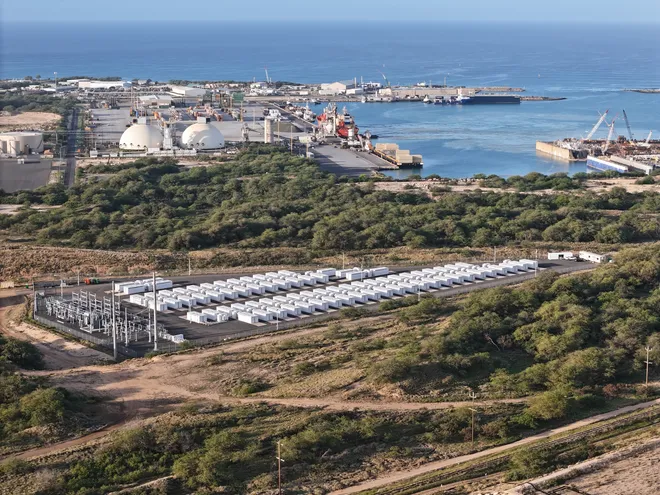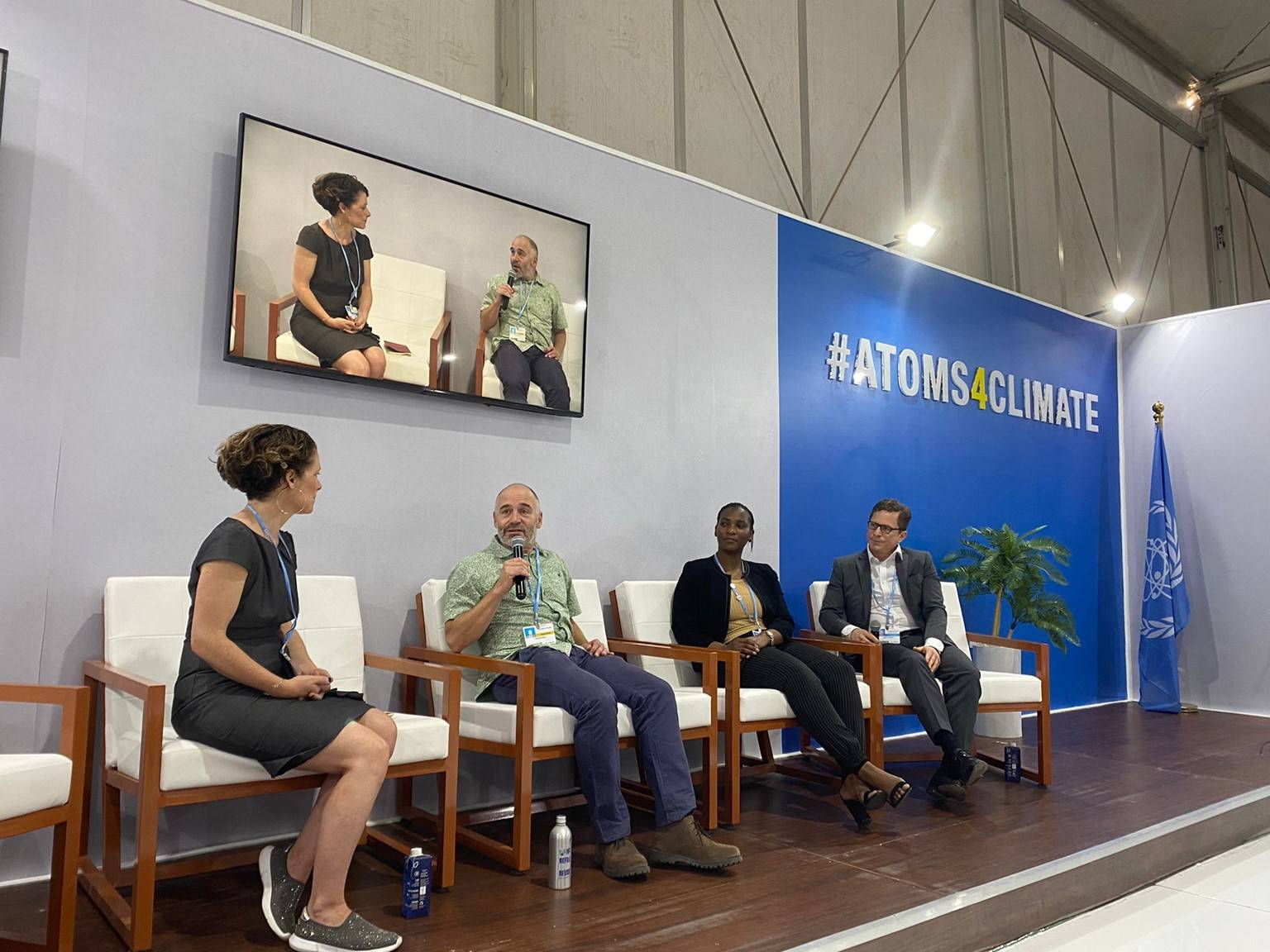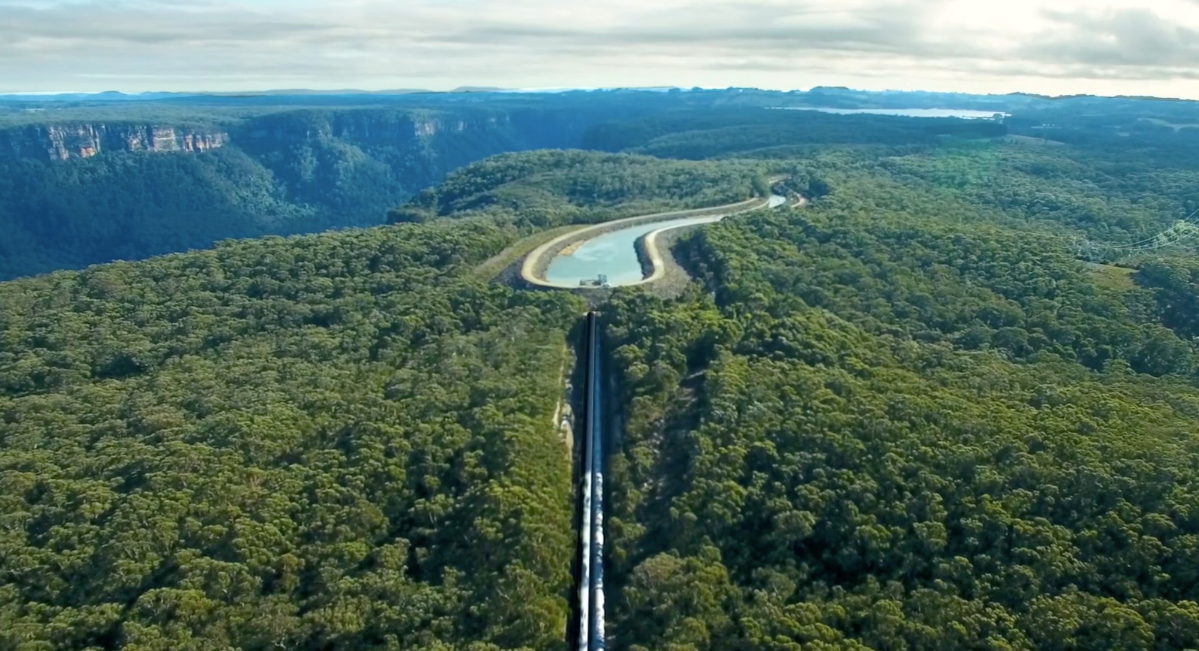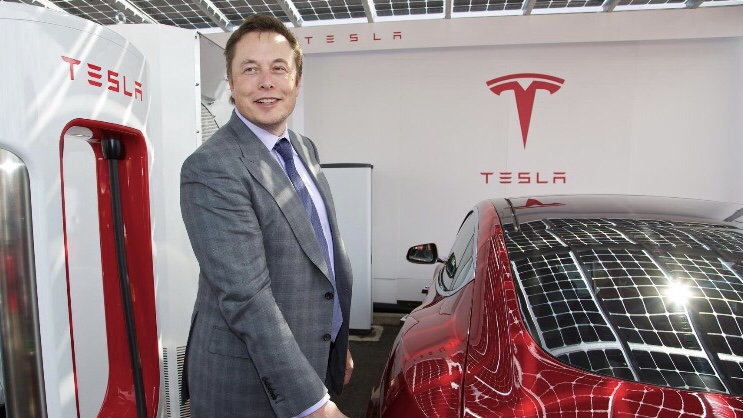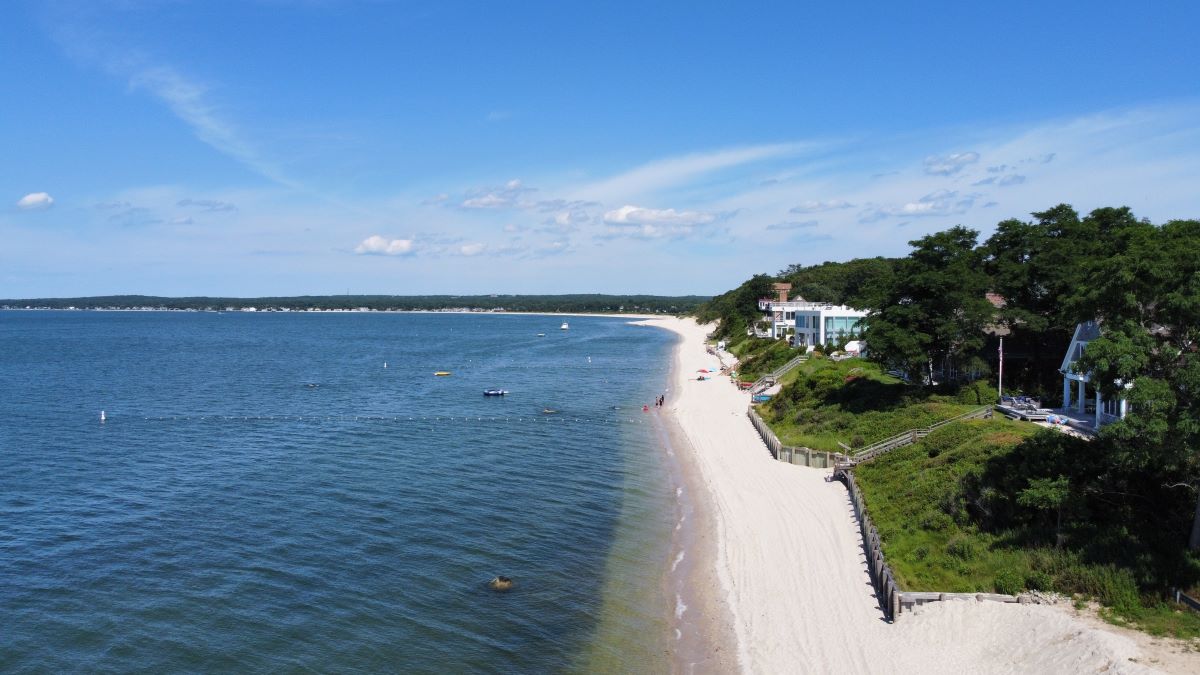In a groundbreaking move, Hawaii has bid farewell to its last coal plant, marking a significant stride in its commitment to phasing out fossil fuels from electricity generation by 2045. Leading the charge is Plus Power’s Kapolei battery, a colossal energy storage system that has seamlessly integrated into the grid, showcasing a paradigm shift from fossil-fueled power to clean energy.
Hawaii’s last coal plant ceased operations on Sept. 1, 2022, eliminating 180 megawatts of fossil fuel-based power from Oahu’s grid. The Kapolei Energy Storage system, comprising 158 Tesla Megapacks, commenced commercial operations, providing 185 megawatts of instantaneous discharge capacity.
With a rapid response time of 250 milliseconds, the battery absorbs surplus renewable energy during peak generation periods and redistributes it during peak demand, ensuring grid stability and reliability.
Designed to replace the coal plant’s capacity and provide essential grid services, the battery employs innovative techniques like synthetic inertia to correct grid deviations in real-time. Despite construction setbacks, the Kapolei battery exemplifies Hawaii’s pioneering efforts in transitioning to a reliable and clean energy grid, reducing curtailment of renewables by an estimated 69% for the first five years.
Positioned as a model for other regions, the Kapolei project demonstrates the viability of large-scale batteries in enabling the transition from fossil-fueled to clean energy grids, offering a glimpse into the future of sustainable energy infrastructure.
Hawaii’s bold initiative not only sets a precedent for clean energy adoption but also underscores the pivotal role of energy storage solutions in achieving a carbon-neutral future. As the world seeks to combat climate change, projects like Kapolei serve as beacons of hope, illustrating the path towards a greener, more sustainable energy landscape.
Discover more from Green Innovation News
Subscribe to get the latest posts sent to your email.

